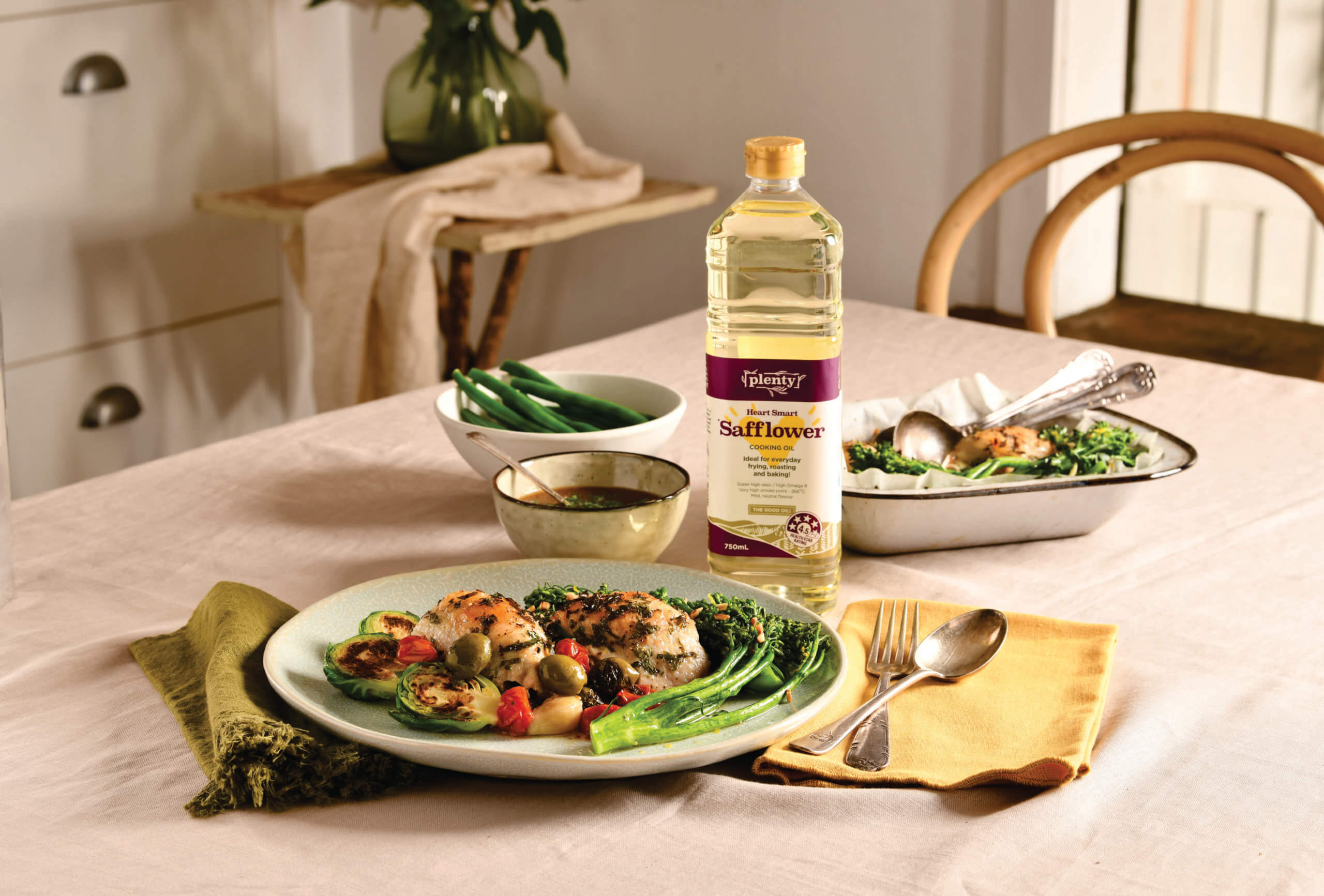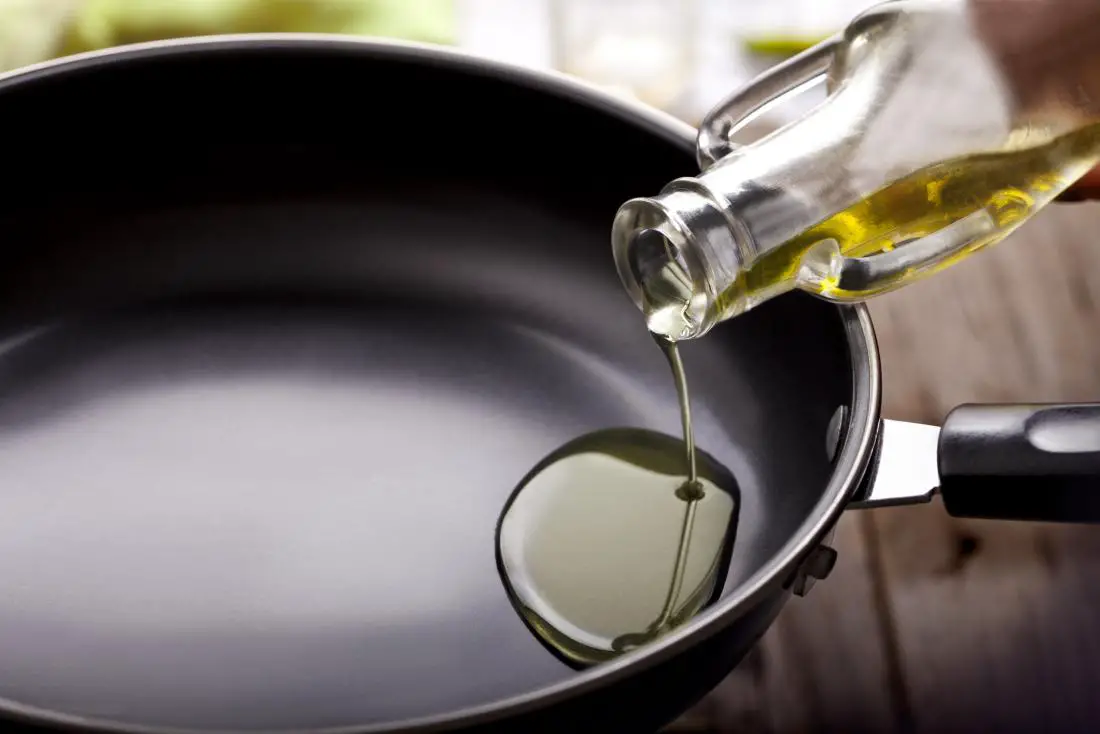What Is Safflower Oil Used For in Beauty and Skincare?
Safflower oil has sparked curiosity within the beauty and skincare community. This article will answer the question, 'What is safflower oil used for?' With its varied applications, understanding its properties and benefits is essential for beauticians looking to enhance their practice.
At its core, safflower oil is derived from the seeds of the safflower plant, known scientifically as vegetable oil. Packed with nutrients, it can be used effectively in a plethora of beauty regimens.

Nutritional Profile of Safflower Oil
Understanding what makes safflower oil unique is crucial. It is rich in *unsaturated fatty acids*, particularly linoleic acid, which contributes numerous benefits. Moreover, safflower oil is lighter compared to other oils, making it suitable for various skin types.

Beauty Benefits of Safflower Oil
Here are some of the core applications of safflower oil in the beauty industry:
1. Moisturizing Agent
One of the primary uses of safflower oil is as a moisturizing agent. Its lightweight formula makes it easily absorbable by the skin, effectively hydrating while not clogging pores. This is particularly beneficial for individuals with oily or combination skin types.
2. Anti-Aging Properties
Rich in antioxidants, safflower oil has been noted for its potential to combat signs of aging. The linoleic acid in safflower oil can help improve skin elasticity and reduce the appearance of fine lines.
3. Soothing Skin Irritations
For beauticians, understanding how to treat skin irritations effectively is vital. Safflower oil is known for its soothing properties, making it suitable for sensitive skin. It can alleviate conditions such as eczema and dermatitis.
4. Enhancing Hair Health
In addition to skin benefits, safflower oil can be a powerhouse for hair care. It can nourish hair follicles, promote a healthy scalp, and add shine to dull hair. Using it as a hot oil treatment can improve hairs overall health.

How to Use Safflower Oil
Implementing safflower oil into your routine is simple and can be done in various ways:
1. As a Carrier Oil
Safflower oil works exceptionally as a carrier oil for essential oils. Mix a few drops of your favorite essential oil with safflower oil for a relaxing massage or aromatherapy experience.
2. DIY Skin Care Recipes
Consider incorporating safflower oil into homemade beauty products like lotions and scrubs. Its properties can enhance the effectiveness of your DIY recipes.
3. For Hair Masks
Beauticians can create hair masks with safflower oil and other nourishing ingredients. Apply the mask to your scalp and strands for revitalized, shiny hair.

Safflower Oil and Other Oils
When discussing safflower oil, it's essential to understand how it compares to other oils commonly used in beauty.
1. Comparing to Coconut Oil
Coconut oil is often heralded as a beauty staple. However, safflower oil offers a lighter alternative, making it suitable for individuals who find coconut oil too heavy. You can check out an article on coconut oil substitutes for more insights.
2. Almond Oil Benefits
Like safflower oil, almond oil has moisturizing properties. However, safflower oil shines when it comes to lightweight application, making it preferable for certain skincare routines.
DIY Recipes Featuring Safflower Oil
For beauticians eager to provide clients with custom solutions, DIY recipes can enhance their offerings.
1. Refreshing Facial Serum
Mix safflower oil with essential oils like lavender or tea tree oil for a refreshing and healing facial serum. This serum can calm irritated skin while providing moisture.
2. Hydrating Hair Treatment
Combine safflower oil with argan oil and apply to dry ends for a hydrating hair treatment, ideal for maintaining shine and preventing breakage.
Safety and Precautions
While safflower oil is generally safe for use, it's essential to assess for allergies before application. Always perform a patch test to avoid adverse reactions. Some individuals may experience irritation; consult a dermatologist if concerns arise.
Safflower Oil: A Must-Have for Beauticians
What sets safflower oil apart from a variety of oils is its multifunctionality, adaptability, and effectiveness in various beauty applications. Incorporating safflower oil into your practice can provide diverse benefits for both you and your clients.
FAQs
What are the skin types best suited for safflower oil?
Safflower oil is suitable for all skin types, especially oily and sensitive skin. Its lightweight nature helps hydrate without clogging pores.
Can safflower oil help with acne?
Yes, the linoleic acid in safflower oil can help reduce acne by preventing excessive oil production and maintaining skin hydration.
Is safflower oil safe for cooking?
While safflower oil is primarily known for its beauty applications, it is also safe for culinary use, commonly used in salad dressings and cooking.
As an Amazon Associate, I earn from qualifying purchases.

